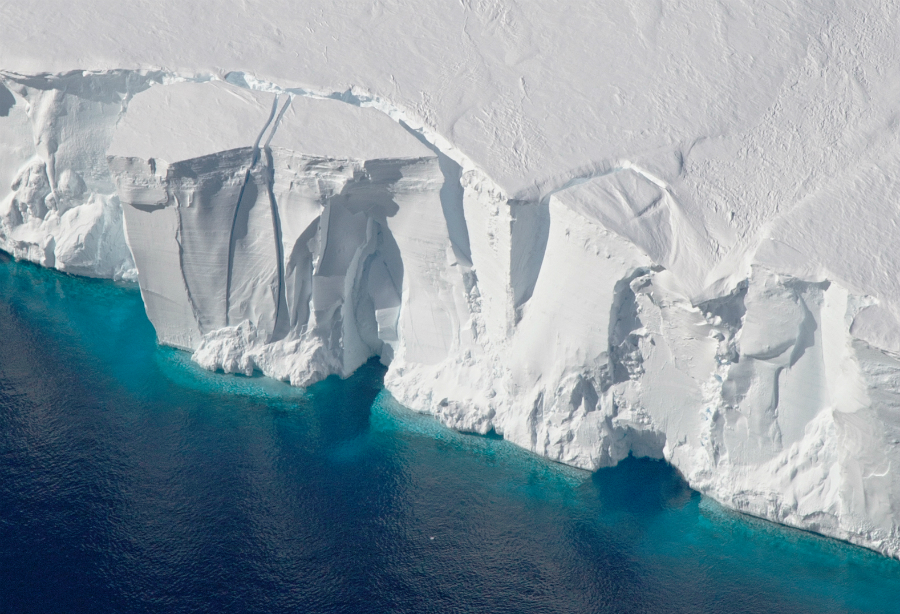The Antarctic ice sheet, the largest contributor to potential sea level rise, is nearing a critical tipping point. Scientists warn that the melting process may be irreversible, even if global warming is halted or reversed.
Known as “hysteresis,” this phenomenon means the melting could continue due to changes already set in motion, independent of future temperature changes. Ice sheets respond slowly—over centuries or millennia—but observations over just the past 40 years show alarming trends.
Research indicates that even a small rise in ocean temperatures, or even the current level of warming, could lead to a significant rise in global sea levels—up to four meters if the West Antarctic ice sheet collapses. Scientists point to ocean warming, rather than atmospheric warming, as the main driver behind this destabilization.
If the tipping point is crossed, restoring the ice sheet could take thousands of years of much colder global temperatures. However, scientists believe urgent action to reduce emissions may still help limit the damage, though the window for effective action is closing.

